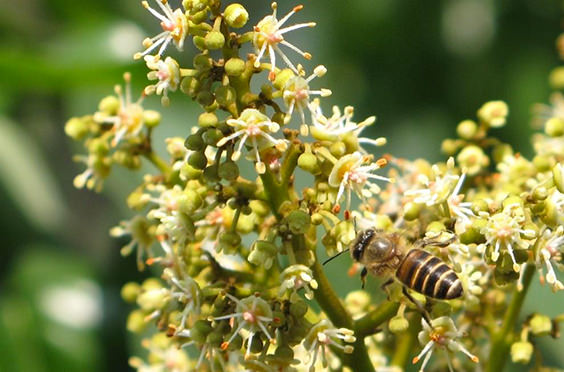
On World Bee Day today, let's bee” grateful for this humble food-producing animal which has been benefiting humanity, plants and the planet for centuries. By spreading pollen amongst flowers, b...

By Dr. Satish Kumar, Editor Emeritus, Resurgence & Ecologist What lessons can we learn from this crisis? The year 2020 will be remembered as the year of Covid-19. The year of social distancing, lo...

By Vandana Shiva Making Peace with the Earth The Covid-19 pandemic is a Planetary wakeup call from the Earth to humanity.It reminds us that we are one with the Earth, not separate from it, that we ar...
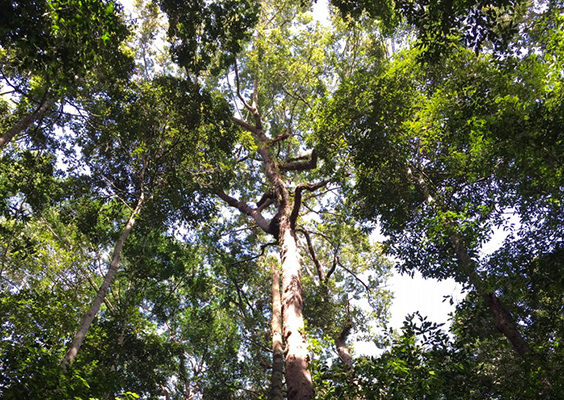
Oudomxay Province, Northern Laos The value of forests is a growing concern amongst scientists, conservationists and economists alike. The development of human society has occurred at the cost of wides...
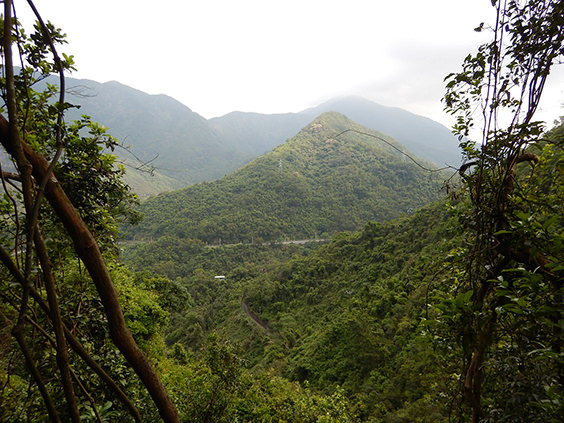
Environmental NGOs’ Joint Statement on the Designation of the Robin’s Nest Country Park In 2003, Kadoorie Farm and Botanic Garden (KFBG) conducted a biodiversity study in the eastern Frontier Clo...
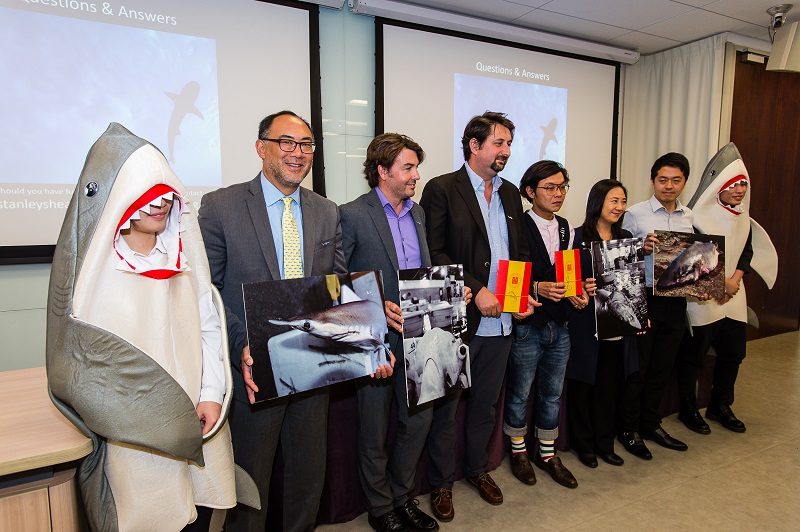
KFBG is concerned of illegal and unsustainable wildlife trade. We use DNA forensics to identify wildlife parts and products, such as shark fins sold in the retail market in Hong Kong. A study launche...
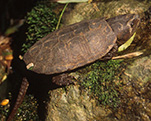
Our spectacular natural landscapes and the rich wildlife that they support are under threat.Now is your chance to guide our common future.Public Consultation From Now Until April 7, 2016From now un...
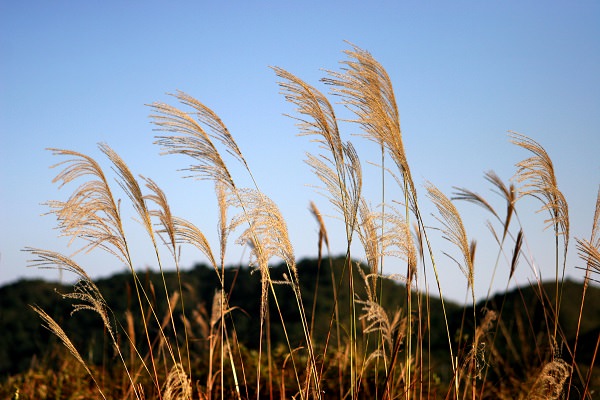
The warming of the climate system is unequivocal and climate change has become a real and imminent challenge to the world. Through a questions and answer approach, the Climate Change FAQs will expla...
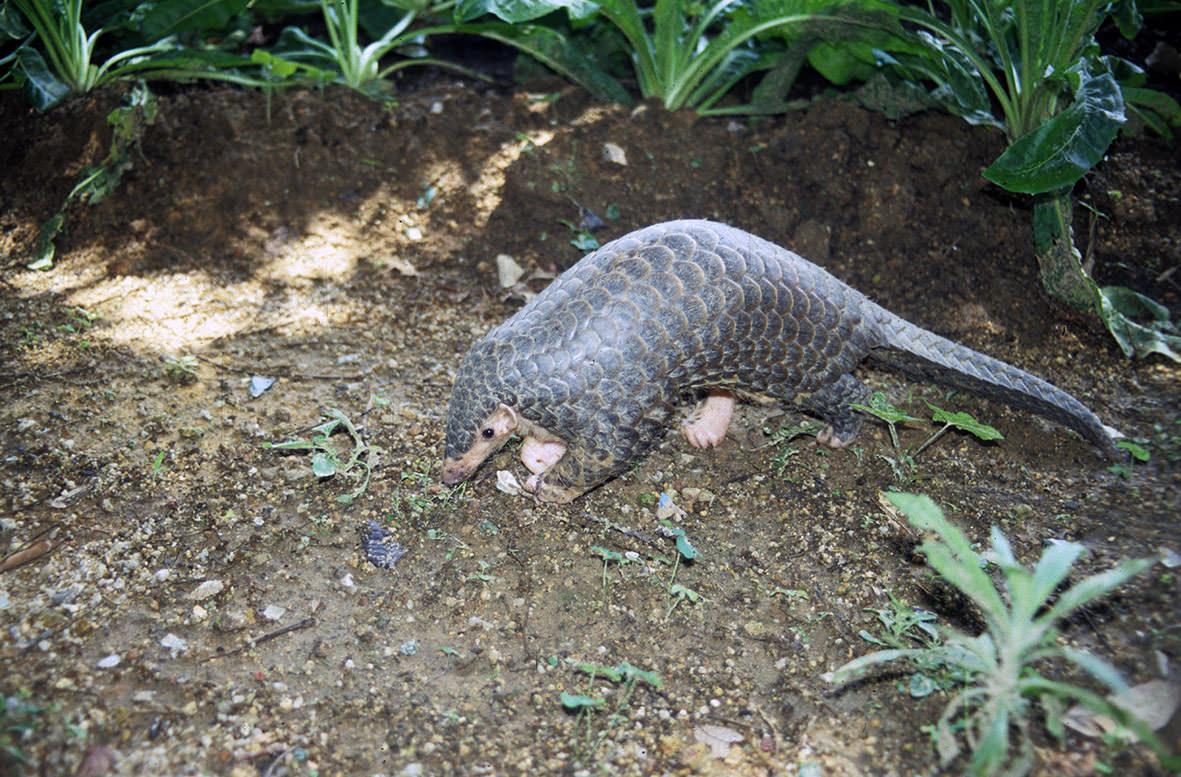
Chinese pangolin (Manis pentadactyla) The IUCN Species Survival Commission (SSC) Pangolin Specialist Group, which is hosted by the Zoological Society of London (ZSL), warns that pangolins are now th...
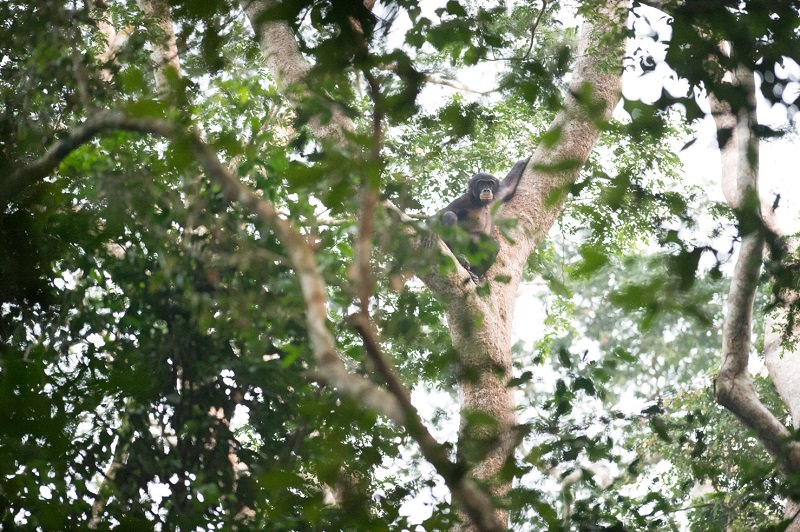
Introduction: Bonobos are great apes whose DNA is more than 98% identical to that ofhumankind. They are only found in the Democratic Republic of the Congo (DRC) and are highly endangered due to hunti...


